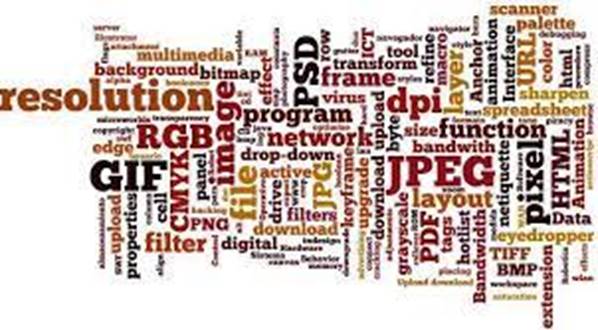
The Influence of Technology on Modern Vocabulary
In the modern era, technology is a pervasive part of our everyday lives. From the smartphones we carry in our pockets to the laptops we use for work, technology shapes our actions, communication, and even our language. Indeed, technology has significantly influenced modern vocabulary, introducing new words and changing the meanings or usage of existing ones. This article delves into the fascinating realm of how the rapid advancement of technology has impacted our lexicon.
The Birth of Tech Jargon
The rise of technology has spawned an entirely new category of words: tech jargon. These words, often used by professionals within the technology industry, have gradually seeped into everyday language, reflecting the ubiquity of technology in our lives. Terms like "cloud computing," "Big Data," and "Internet of Things" were birthed by the need for concise descriptions of complex technological concepts and systems. As these systems became more prevalent, so did their corresponding terms, expanding our vocabulary in the process.
The Evolution of Existing Words
Not only has technology introduced new words, but it has also significantly evolved the meanings and usage of existing ones. A prime example of this is the word "mouse." Originally a term used to describe a small rodent, the advent of the computer era added a new definition— a handheld device used to control the cursor on a computer screen. Similarly, the word "web" has evolved from describing a spider's creation to symbolizing the interconnected network of information that is the internet.
The Creation of Acronyms and Abbreviations
With the rapid pace of communication in the digital age, technology has also influenced the creation of numerous acronyms and abbreviations. Text messages and social media posts often have character limits, which has led to the proliferation of shortened phrases like "BRB" (be right back), "LOL" (laugh out loud), and "OMG" (oh my god). These abbreviations have become so ingrained in our language that they've even made their way into the Oxford English Dictionary.
The Influence of Social Media
Social media platforms have had a substantial impact on our vocabulary. They've introduced terms like "selfie," "meme," and "hashtag" into everyday parlance. Moreover, the nature of these platforms has also influenced how we use these words. A "tweet" is no longer just the sound a bird makes, but also a concise message posted on Twitter. "To google" has become an accepted verb for conducting an online search, exemplifying how technology brands can influence language usage.
The Impact on Linguistic Diversity
While the proliferation of tech terms and evolving word meanings can enrich our language, it can also pose challenges to linguistic diversity. English, being the dominant language of the internet and technology, often influences other languages through the introduction of Anglicisms - English words that are incorporated into other languages. For instance, many French speakers use the English term "email" instead of the French equivalent "courriel." This prevalent use of English can lead to a loss of linguistic diversity, as local languages adapt to the technological era.
The influence of technology on modern vocabulary is undeniable. It has not only expanded our lexicon with new words but also redefined the meanings of existing ones, created a plethora of acronyms and abbreviations, and significantly impacted social media language. While this evolution of language is a testament to our adaptability and creativity, it's also essential to acknowledge and address the potential threats to linguistic diversity. As we continue to navigate this technological era, we must strive to balance the enriching influence of technology on language with the preservation of linguistic diversity. - Words Trivia

